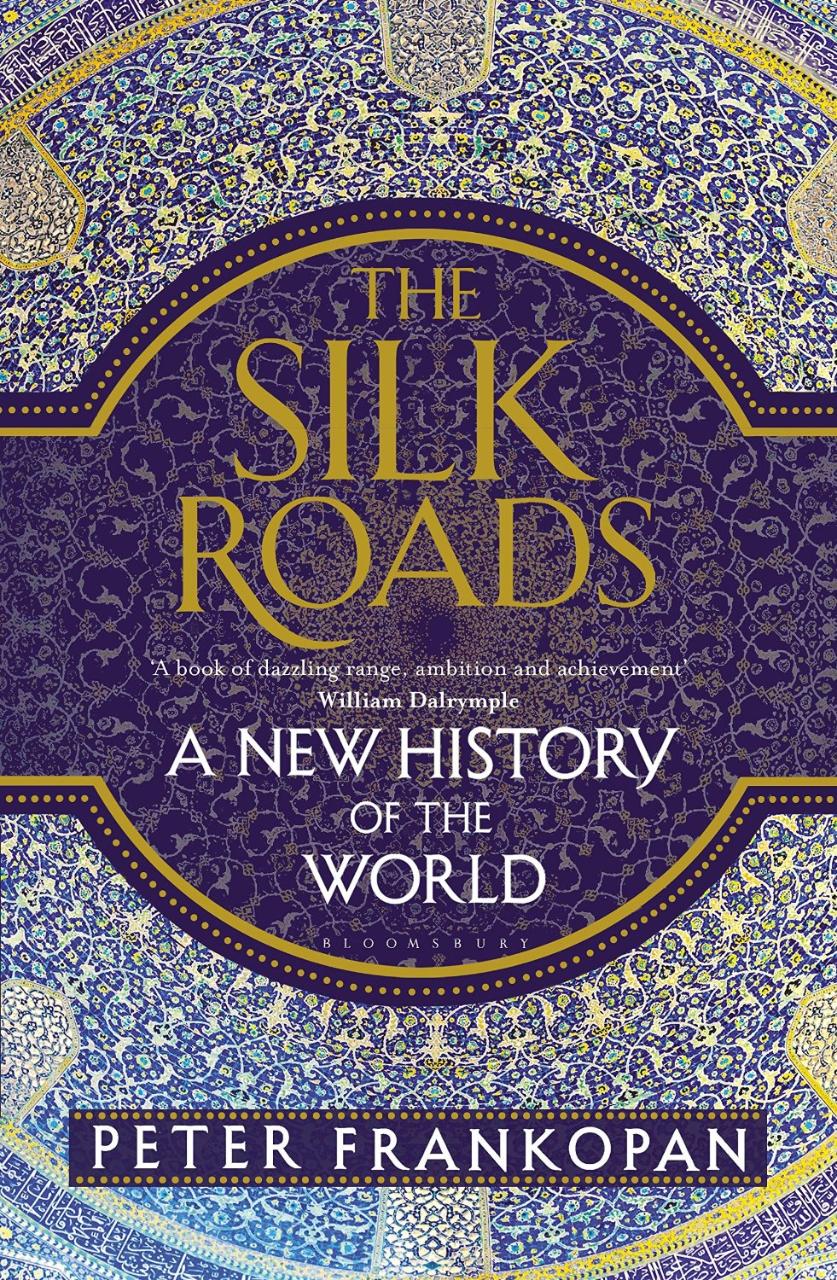Charlemagne
At the end of his storied life, Charlemagne was troubled over dying in sin. He sought salvation in his last days. He was devout but engaged in sin, marrying multiple times, engaging in affairs, conducting reigns of terror in times of war against rival groups. His succession to his father’s throne was paved with family infighting, arranged marriages, partnerships with the clergy. Charlemagne’s reign would last from 768-814. Charlemagne would rule with an iron hand, banishing familial rivals to solitary lives in monasteries or disappearing them altogether. War was seen as a form of renewal. Charlemagne would battle with the Lombards and Saxons, and wars would be legitimized with the cause of religion. Charlemagne would oversee vast land holdings and would attempt to Christianize conquered areas and their people. His fear of the apocalypse would guide his journey. His death would only lead to more fighting among his kin.
The life of Charlemagne is told from a skeptical point of view in areas, as the myth and the truth have become blurred over time. Johannes Fried has put forth a valiant effort in untangling the wheat from the chaff in Charles the Great’s life. Charlemagne is viewed as a flawed leader who cared about his kingdom and his religion, even if his approach could be questioned. An excellent view of a mysterious monarch.
| Author | |
|---|---|
| Star Count | 4/5 |
| Format | Hard |
| Page Count | 688 pages |
| Publisher | Harvard University Press |
| Publish Date | 2016-Oct-10 |
| ISBN | 9780674737396 |
| Bookshop.org | Buy this Book |
| Issue | December 2016 |
| Category | History |
| Share |









Reviews
There are no reviews yet.